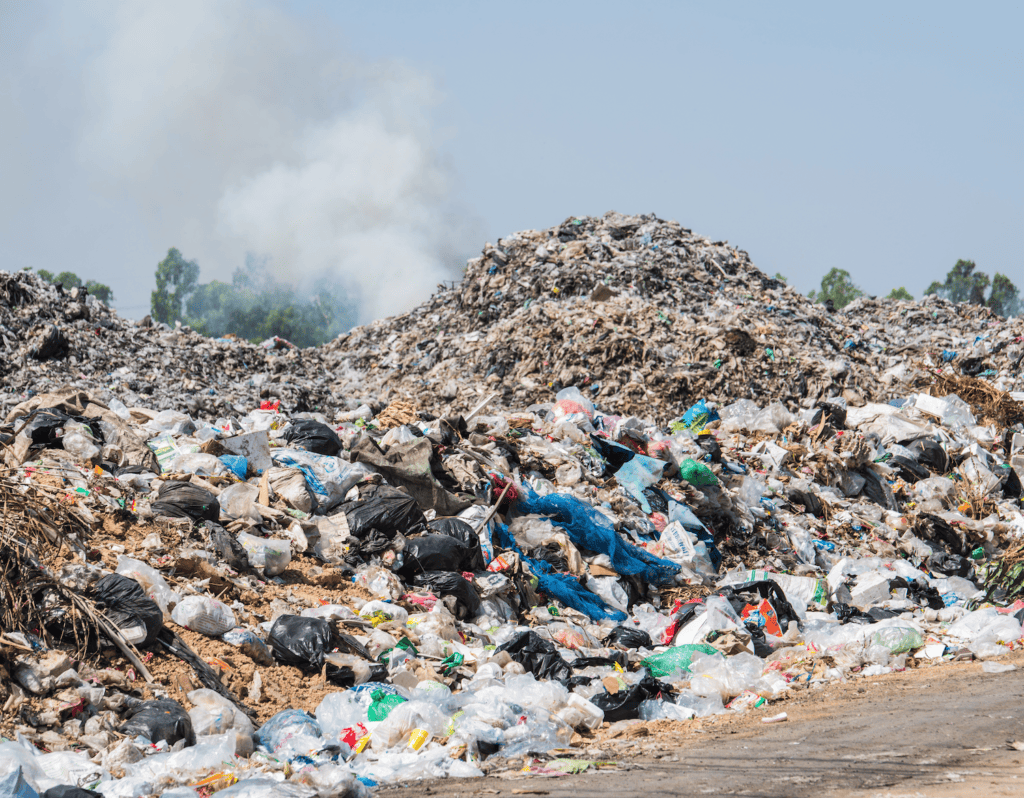Sending your garbage to landfills might seem like a quick and easy solution for getting rid of waste, but their true costs are much more significant than they appear. Beyond the visible mountains of trash, there are hidden financial, environmental, and health impacts that are starting to affect us all. From the hefty financial burdens on businesses to the detrimental effects on our environment and health, the repercussions of landfills are far-reaching and catastrophic. Many of these impacts go unnoticed, quietly taking a toll on our communities and ecosystems.
Embracing recycling will give us a chance to protect our future. Diverting waste from landfills helps protect our environment and improve public health. Recycling not only reduces the volume of waste that ends up in landfills but also transforms what would be discarded into valuable resources. This process helps conserve natural resources, decrease pollution, and generate economic benefits.
Every individual can make a difference, and no contribution is too small. Whether it’s separating recyclables at home, participating in community recycling programs, or advocating for better waste management practices, each action counts. Our efforts today can pave the way for a healthier, more sustainable future.
The Financial Costs of Landfills – The Burden on Budgets
Landfills impose substantial financial burdens on communities and businesses alike. Disposal fees and waste management expenses continue to rise, eating into budgets that could be better spent on other community services or business investments. Unlike recycling, which can generate revenue and reduce disposal costs, landfills only add to operational expenses. Additionally, the long-term financial liabilities associated with maintaining and monitoring closed landfills can strain budgets for decades.
Environmental Impact of Landfills
Landfills are notorious for their environmental damage. Hazardous liquids formed when waste decomposes can seep into groundwater, contaminating drinking supplies and harming local ecosystems. Moreover, landfills are significant sources of methane, a potent greenhouse gas contributing to climate change. By recycling, we can divert waste from landfills, reducing pollution and conserving valuable resources that would otherwise be lost.
Health Risks Associated with Landfills
The health risks posed by landfills are alarming. Communities near landfills are often exposed to hazardous waste and chemicals, leading to various health issues, including respiratory problems and skin irritations. Air and water quality in these areas can suffer dramatically, putting residents at risk. Increased rates of certain illnesses in populations living close to landfills highlight the urgent need for better waste management practices.
The Impact of Recycling on Local Wildlife and Ecosystems
Landfills pose a severe threat to local wildlife and ecosystems. Toxic substances from decomposing waste can harm animals and plants, leading to loss of biodiversity and damaged habitats. Recycling helps protect these ecosystems by reducing the volume of waste that ends up in landfills. For example, recycling electronic waste prevents harmful chemicals from leaching into the soil and water, safeguarding local wildlife and maintaining ecological balance.
Community Recycling Programs: How You Can Get Involved
Recycling is a community effort. Local recycling programs are a fantastic way for individuals to contribute to a greener future. Start by researching recycling initiatives in your area—many communities offer curbside pickup, drop-off centers, and special recycling events. By participating in these programs, you can help reduce the burden on landfills and promote a healthier environment for everyone.
Landfills may seem like an easy solution for waste disposal, but the hidden side-effects are too great to ignore. From financial burdens to environmental and health risks, the impact of landfills extends far beyond what meets the eye. Recycling presents a viable alternative that benefits both the economy and the environment. By embracing recycling, communities and businesses can work together to reduce these hidden costs and create a more sustainable future. Get involved in your local recycling programs today and make a difference for our planet.

